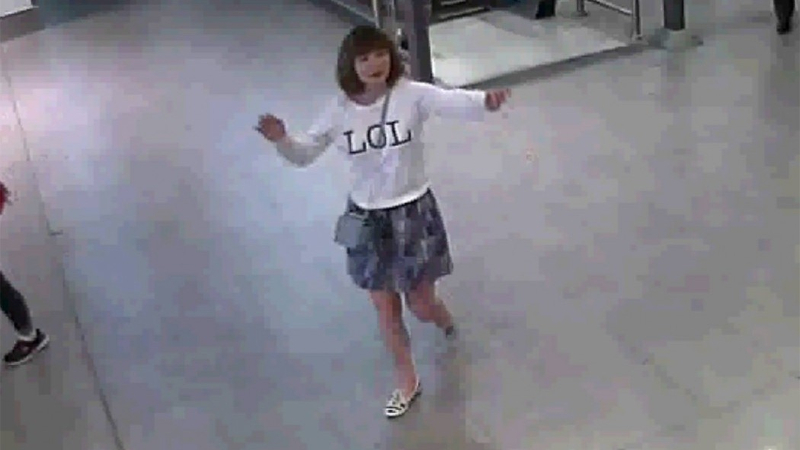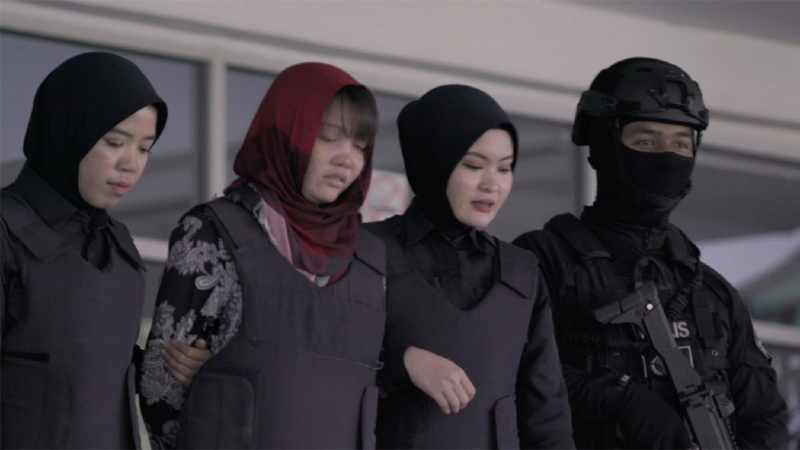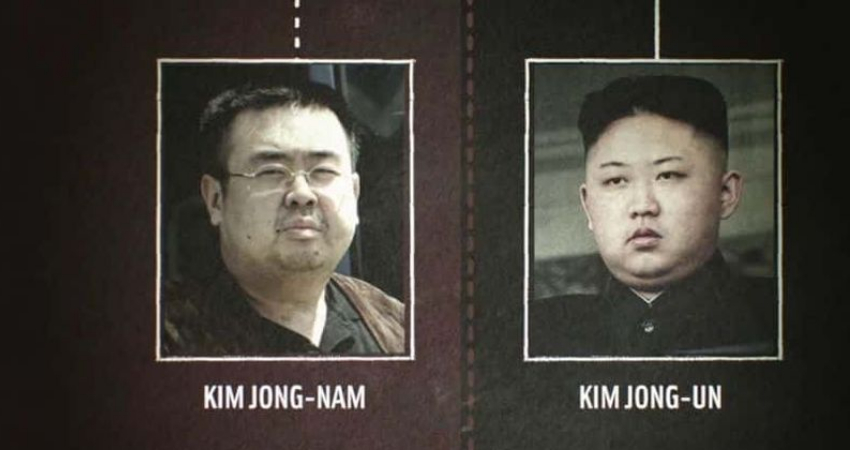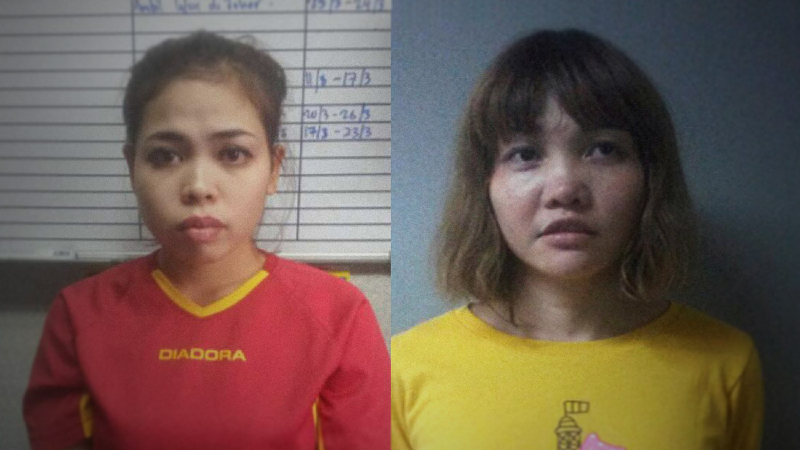Director – Ryan White – 2020 – US – Cert. – 104m
*** 1/2
Documentary explores how two women unwittingly assassinated ruling Korean family member Kim Jong-nam at Malaysia Airport – in virtual cinemas and on VoD from Friday, January 29th
In 2017, Kim Jong-nam, half brother of North Korean leader Kim Jong-un, was killed at Kuala Lumpur International Airport (KLIA) by two young women who appeared out of nowhere – one of them clad in a T-shirt bearing the legend LOL – to press VX nerve agent, apparently the deadliest chemical on earth, into his eyes. The whole thing was captured on security cameras and the two women arrested soon after. Stranger still, neither seemed to know why they were being arrested.

This is one of those current affairs documentaries where the makers have been fortunate to stumble on an incredible story. Although the film details the assassination at some length, its real subject matter is the fall guys – or, more specifically, fall girls. Neither was Malaysian: both were immigrants – Siti Aisyah from Indonesia, Doan Thi Huong from Vietnam. We are introduced to the world of the social media video prank, where for example a woman will appear and hold the hand of a man she’s never met before or unexpectedly kiss him in public for the camera, as a comic episode.
Siti and Doan’s stories are that they were hired for such a prank, having worked on a number of similar pranks over the preceding months. They had no idea the ‘actor’ with whom they were to interact was Kim Jong-nam, or possibly even who he was, and they thought that the substance given to them to rub on their hands to rub into his eyes was a harmless baby oil or similar.

The backbone of the film is the trial of the two women by a Malaysian State desperate to be seen as bring the perpetrators of this appalling crime to justice, which in Malaysia means death by hanging. This is augmented with footage of their parents and relatives back home in their respective countries, the two separate teams of the two women’s lawyers and two journalists, the indigenous Hadi Azmi and the Washington Post’s Anna Fifield.
The family footage provides context and background on the two women while the lawyers comments help guide us through the legalities of the case as it moves forward and they work day by day on their two clients cases. Azmi works for an international news agency who are less restricted in what they can say than the State-owned Malaysian media so is another useful source of comments on the ongoing story. Fifield has been covering North Korea for over a decade and provides invaluable background on North Korea’s ruling Kim family and the place of its various members within it, helpfully presented here in the form of a Kim family tree infographic.

The most fascinating aspect of the story, which emerges through the trial as the two women’s individual stories come out, is how the pair were separately convinced to do what they did without knowing that they were committing a major international incident. We hear of their meetings with credible-seeming social media video producers and their earlier, apparently innocuous prank video shoots. We learn that these men all disappeared after the incident, in many cases back to North Korea, for which country they were clearly agents. The two women, however, were completely unwitting parties in all this who had no idea they’d even perpetrated any sort of crime.
Assassins lacks either the breadth of the dehumanising testimony that underscores Camp 14: Total Control Zone (Marc Weise, 2012) or the cat and mouse complexities of the intrigues documented in The Lovers And The Despot (Ross Adam, Robert Cannan, 2016), but while it may be a lesser film than either those or animated drama True North (Eiji Han Shimizu, 2020) in terms of what it has to tell us about the inner workings of North Korea, it’s nevertheless a film that completists on the subject of that regime will want to see.
Assassins is out in virtual cinemas and on VoD in the UK from Friday, January 29th.
Alternate review in Reform magazine.
Trailer:
